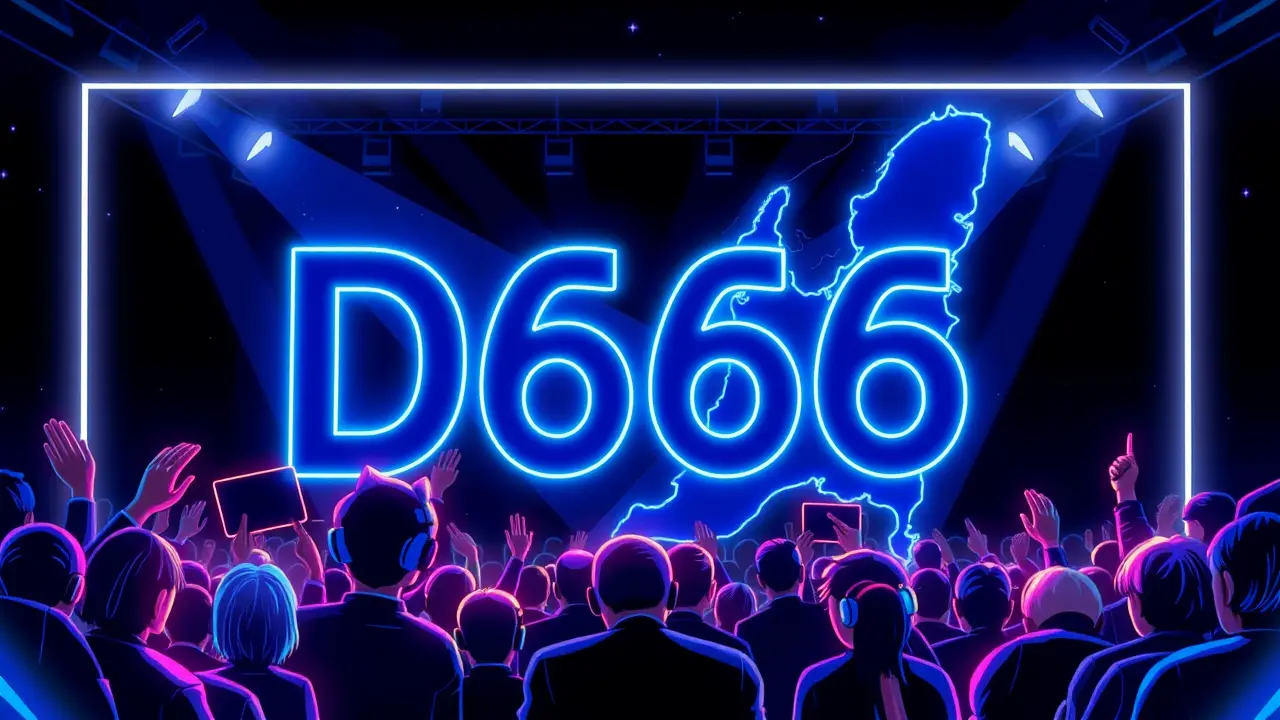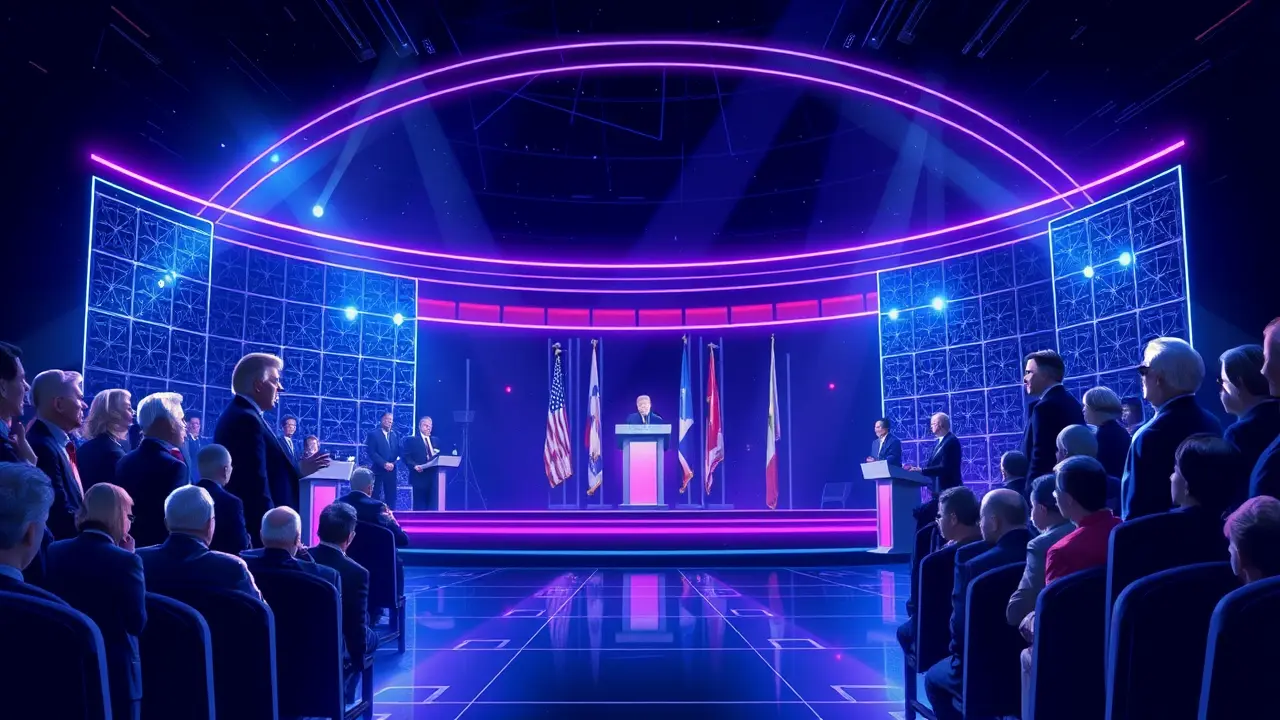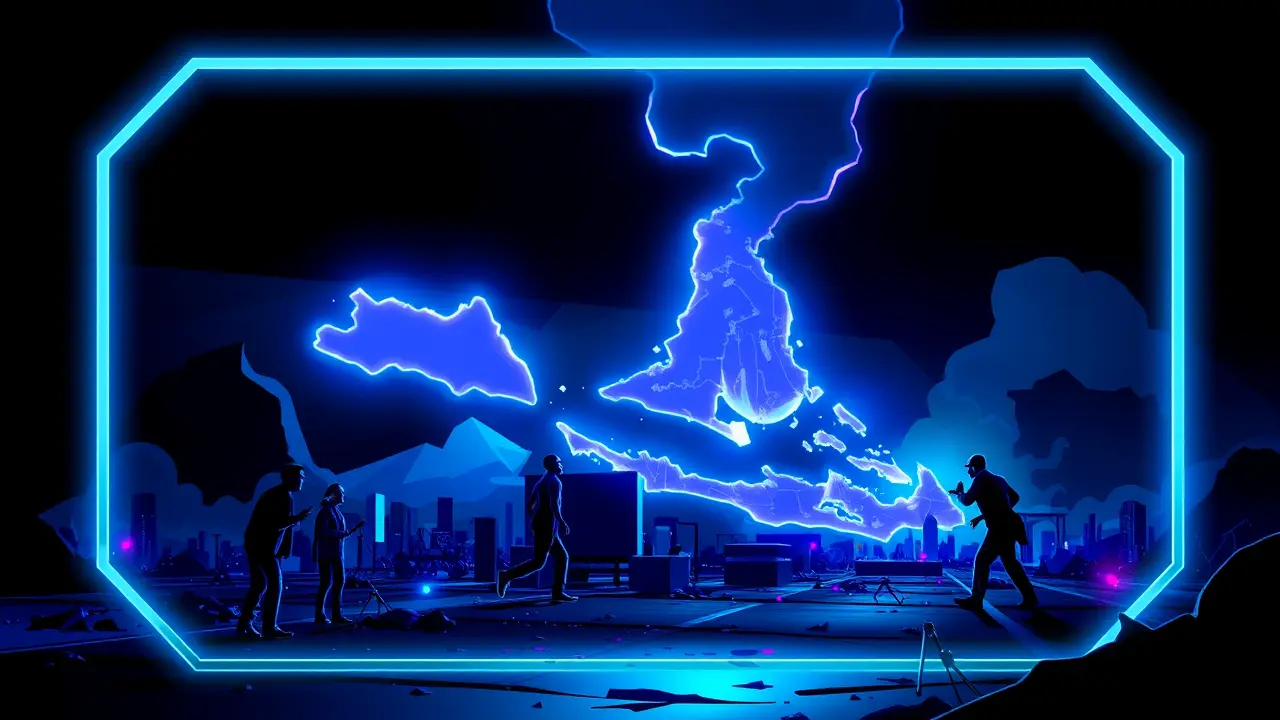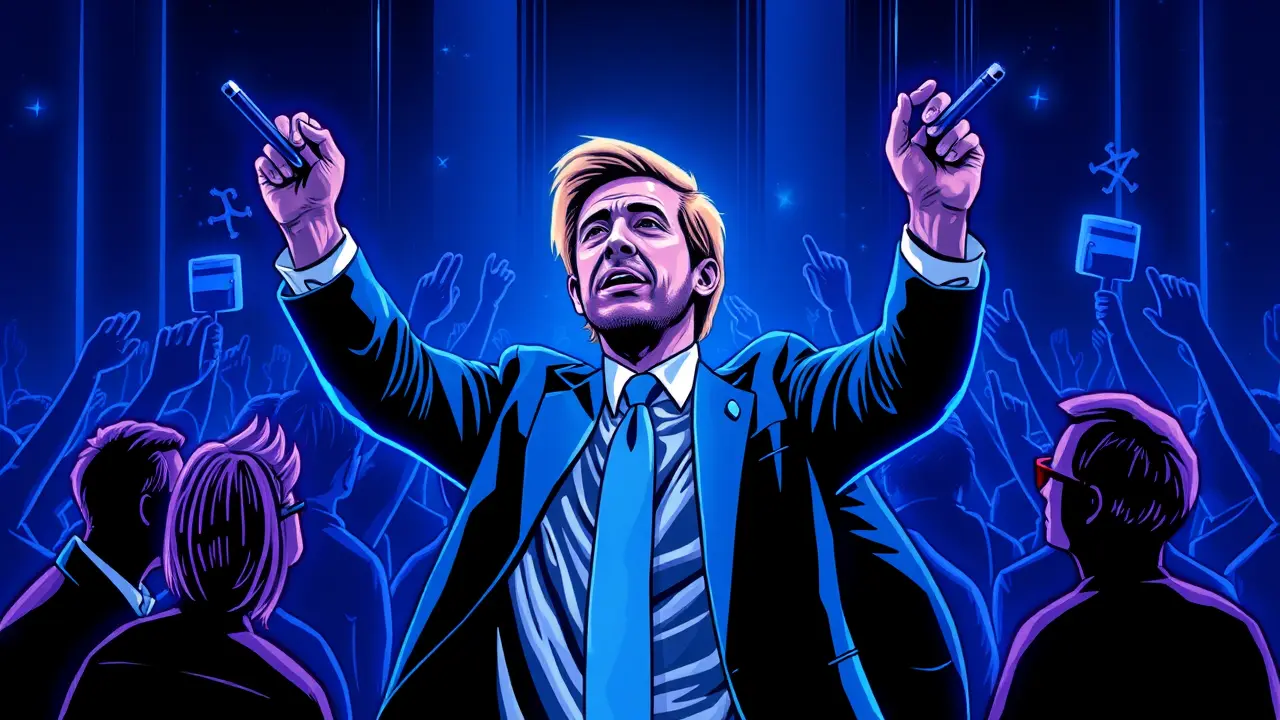
PoliticselectionsParliamentary Elections
Dutch Liberal Leader Claims Victory in Tight Election Race
RO
Robert Hayes
2 days ago7 min read
In a development that has sent ripples through the political landscape of the Netherlands, D66 leader Rob Jetten has stepped forward to claim a pivotal victory for his liberal party, framing the outcome as a historic achievement even as initial vote analyses projected a fiercely contested and potentially narrow path ahead. This electoral gambit, unfolding against the backdrop of a fragmented Dutch parliament where coalition-building is the perennial art of governance, carries the distinct weight of historical precedent, reminiscent of the political maneuvering that characterized post-war European democracies where bold claims often preceded complex negotiations.The Dutch electoral system, a proportional representation model that inherently favors multi-party coalitions, means that a claim of victory, while symbolically potent, is merely the opening salvo in what promises to be weeks, if not months, of delicate talks behind closed doors in The Hague. Jetten's assertion, therefore, is less a statement of finality and more a strategic positioning, a Churchillian 'end of the beginning' designed to seize the narrative and project an aura of momentum and inevitability for his party's agenda, which champions progressive European integration, ambitious climate action, and social liberalism.The context here is critical: D66, or Democrats 66, has long positioned itself as a centrist force, often acting as the crucial swing partner in coalitions, and Jetten's declaration is a calculated move to solidify that kingmaker role, appealing directly to a electorate weary of political stagnation and the rising tide of populist sentiment seen elsewhere on the continent. One cannot analyze this without drawing parallels to the German elections of 2021, where the SPD's Olaf Scholz similarly projected an air of victory to consolidate support and ultimately form a complex 'traffic light' coalition, a playbook Jetten appears to be studying closely.The potential consequences are profound; a strengthened D66 could push for a more robust Dutch role in EU federalism, accelerate the green transition with policies that may impact the nation's significant agricultural and energy sectors, and recalibrate the country's foreign policy stance. However, political analysts caution that the gap between a claimed victory and a stable governing majority is vast, and the real test will be whether Jetten can navigate the ideological minefield of potential partners, from the center-right VVD to the left-wing Greens, without diluting his party's core promises. The coming days will be a masterclass in political strategy, a test of wills and numbers that will determine not just the leadership of the Netherlands, but its direction for a generation, a high-stakes drama being watched intently in capitals from Berlin to Brussels.
#featured
#Netherlands
#Rob Jetten
#D66
#election victory
#coalition talks
#vote analysis
Stay Informed. Act Smarter.
Get weekly highlights, major headlines, and expert insights — then put your knowledge to work in our live prediction markets.
Related News
Comments
It’s quiet here...Start the conversation by leaving the first comment.
© 2025 Outpoll Service LTD. All rights reserved.










